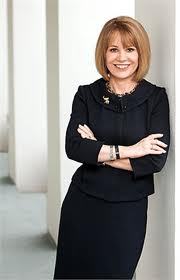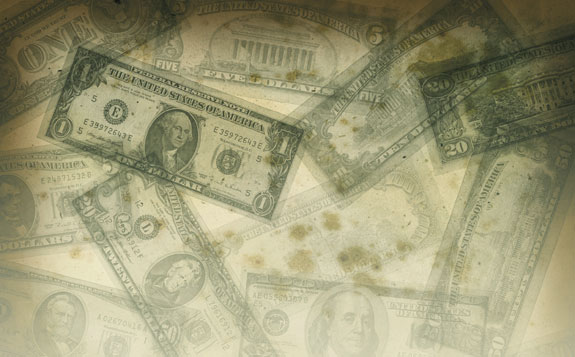By Ralph De La Cruz
Florida Center for Investigative Reporting
In 2008, $4 billion was spent on political campaigns in the United States. In 2010, about $3 billion was spent even though it was a lower-profile non-presidential election.
Money matters. That’s why politicians spend their political lives raising it, and then spending it on things such as commercials, transportation, staff, literature and everyone’s new favorite, the ubiquitous robo-calls.
And typically, whoever has the most money wins.
In last year’s state legislative races in Florida, only 16 of 143 were competitive in terms of money. Just 11 percent. That’s one of the lowest rates in the country. Only California (4 percent) had fewer competitive races.
And even in those monetarily competitive Florida races, the candidate who spent more ended up winning 12 of the 16. That’s 75 percent — in the races where the amount of money spent was close.
The National Institute on Money in State Politics, which tracks these sorts of things at FollowTheMoney.org, defined “non-competitive” as a race in which one candidate raised more than twice what the closest opponent raised. That leaves a lot of room for “competitive.”
In the 84 races in which one candidate had an overwhelming monetary lead, the “non-competitive” contests, only two candidates who trailed in money won. Two out of 84. That’s all of 2.3 percent, which means 97.7 percent of the candidates who had a clear money advantage in Florida won last election.
That’s about as much of a lock as you can find. You couldn’t get that kind of certainty if the Miami Dolphins were to play the University of Miami.
The Center for Responsive Politics found that in 2008 94 percent of U.S. senatorial races and 93 percent of U.S. congressional races were won by the candidate who spent the most money.
Considering those statistics, this report about Florida political financing, released on FollowTheMoney.org on Wednesday, should have Floridians reaching for the political Tums.
The report focuses on the increased use of Electioneering Communication Organizations, or ECOs, as fronts for unlimited and largely anonymous political fundraising.
Florida law restricts any person from contributing more than $500 to a candidate. But there are no restrictions when it comes to ECOs. ECOs can’t advertise for a specific candidate, but they can advertise against a candidate, or for or against an issue. Which is one reason we’re inundated with negative advertising.
The ECOs have fueled a large growth in what the institute calls “independent” spending — from donations not given directly to a candidate or ballot measure.
“Although the total independent political spending was less than a third of the money given directly to state campaigns, it is, nevertheless, playing an increasingly important role in Florida’s elections,” the report read.

Nancy Watkins is one of four Floridians who controlled 40 percent of the money that went through Florida ECOs.
In 2006, there was $31.5 million in independent spending in Florida. Last year, that figure was up to $48.2 million. Any predictions for 2012 would be foolhardy, considering the intensity of the campaigning with one year to go, and the ease with which these ECOs operate.
“Compounding the problem,” the report adds, “is that Florida’s disclosure of independent spending makes it difficult for the public to understand of who is funding or benefiting from the spending.”
The report points to Nancy Watkins, who has an accounting firm with her husband. The Tampa address for Robert Watkins and Co. is listed as the official address for 88 different political committees, and Nancy is treasurer for dozens of Republican campaign committees.
Watkins is one of four Floridians — the others are John French, an election lawyer and lobbyist; Stafford (William) Jones, a principal of the lobbying polling firm War Room Logistics; and Mark Wilson, the president and CEO of the Florida Chamber of Commerce — who controlled 40 percent of the money that went through Florida ECOs.
You might notice the list is dominated by lobbyists. And the dollar spigot doesn’t just turn off after an election.
The same day that the institute’s report was released, The Current reported that Florida lobbying firms had earned $32 million in the third quarter of 2011. That keeps alive the streak of quarters in 2011 that have seen increases over the same period in 2010.
Money matters.

